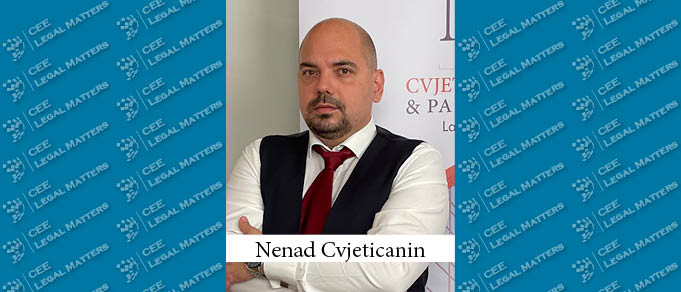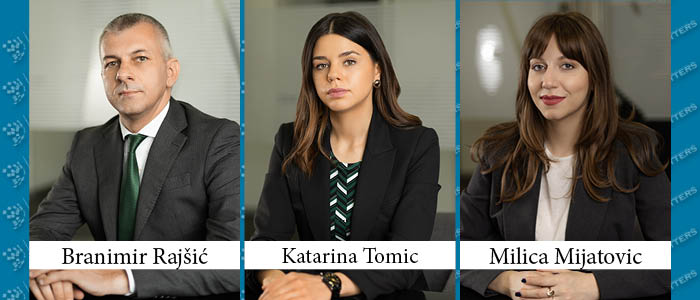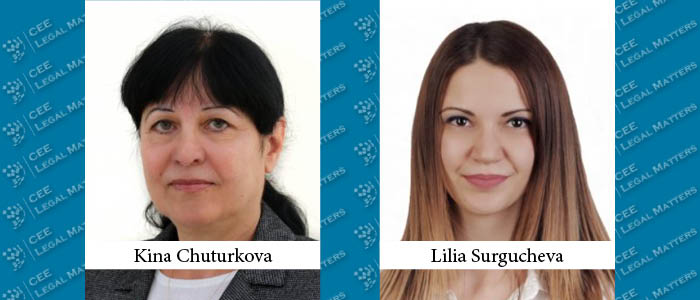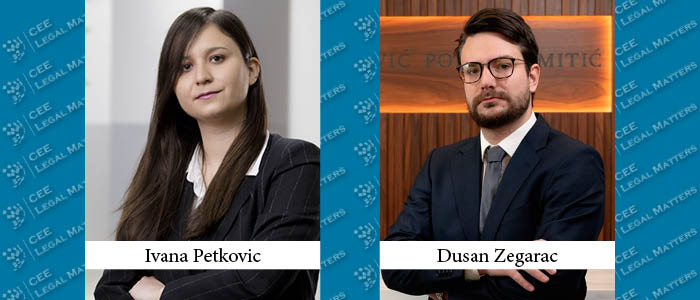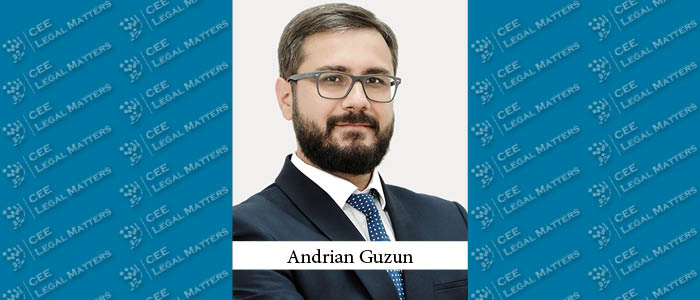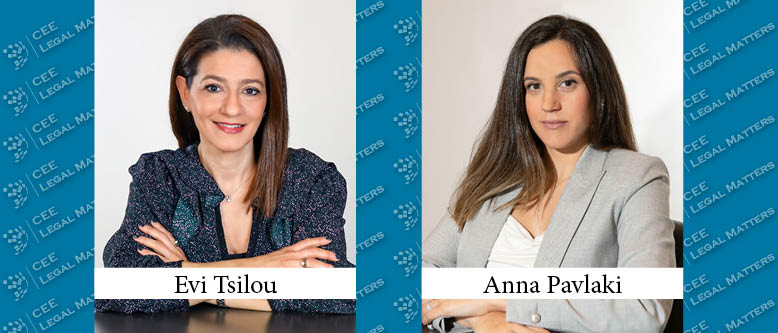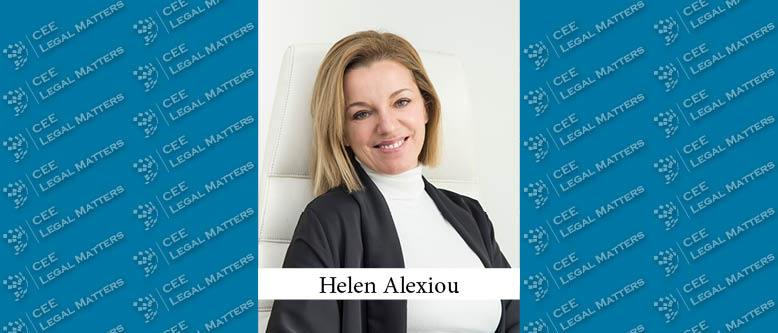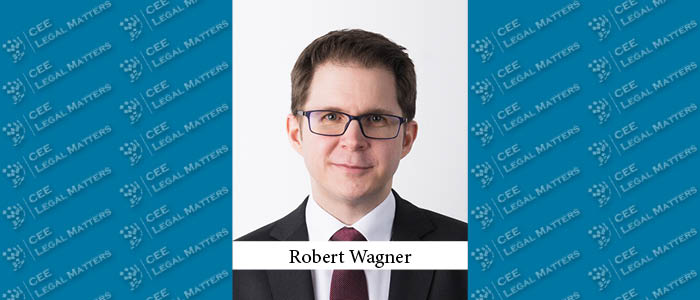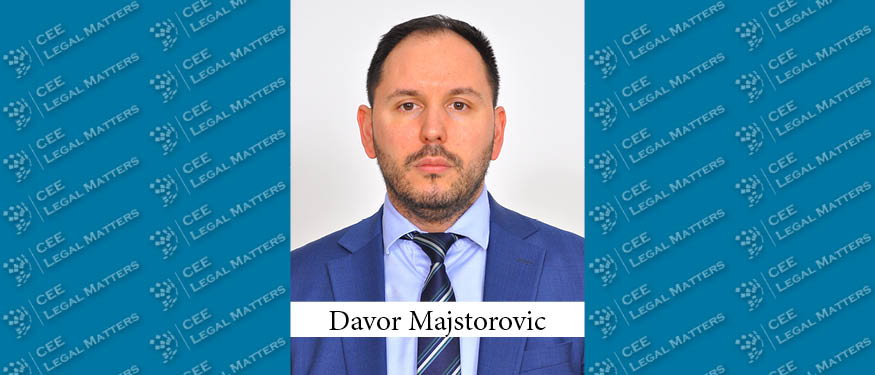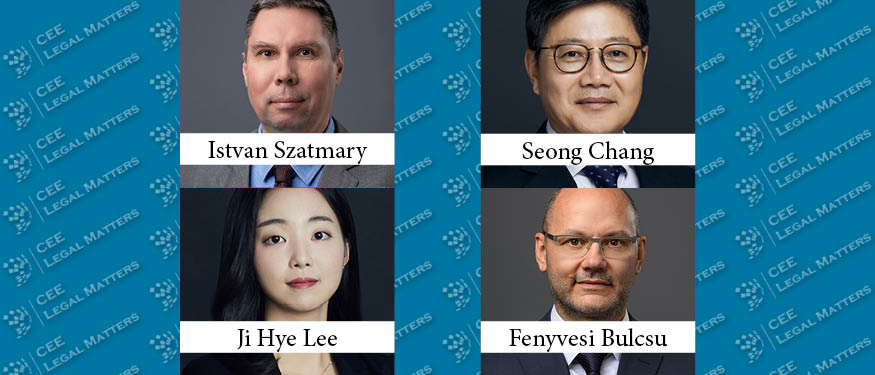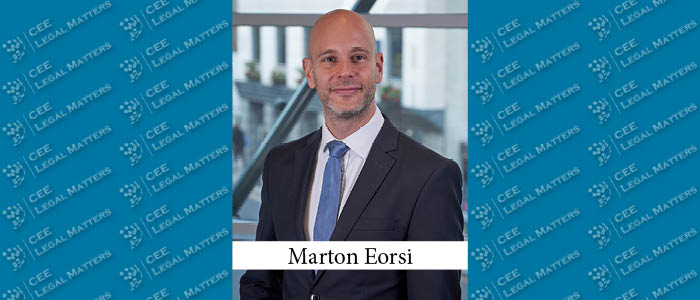On 16 September 2023 the Resolution of the Cabinet of Ministers of Ukraine "On Amendments to the Procedure for Payment of Fees for Actions Related to the Protection of Intellectual Property Rights" ("Resolution") will enter into force. The Resolution introduces new fees, provides additional reductions and clarifies existing ones.
Product Liability for Products Containing Artificial Intelligence
Product liability for products containing artificial intelligence (AI) is a complex and evolving legal area that combines traditional product liability principles with the unique challenges posed by AI technology. Product liability refers to the legal responsibility of manufacturers and sellers for injuries or damages caused by their products.
Open Call for Women’s Entrepreneurship – Call for Granting Cash Incentives and Loans is Published
Open call for granting non-refundable cash incentives and approval of loans with the aim of incentivizing the development of women’s entrepreneurship was published on 28 August as part of Program for incentivising the development of entrepreneurship through financial assistance for women’s entrepreneurship (Program).
Can a Harsh Facebook Comment be a Lawful Ground for Dismissal in Hungary?
Social media platforms significantly changed the ways how people express their opinions: sharing views became easier than ever. On the one hand, this is positive, but on the other hand, it is also dangerous in the employment context, as the employee's opinion may be prejudicial to the employer's interests. A recent decision of the Hungarian Supreme Court gives answer to the question whether the employer can dismiss the employee for expressing his opinion on Facebook.
Increase of Excise Taxes by 8% for Certain Products
The Government of the Republic of Serbia adopted amendments and supplements to the Excise Law (Law) on 6 September 2023.
Obligatory Mediation in Civil and Commercial Court Proceedings
Under the current legislation, mediation as an alternative method of dispute resolution is voluntary. The amendments adopted in the State Gazette, No. 11 of 2023, which enter into force on 1 July 2024, introduced two categories of obligatory mediation in civil and commercial court proceedings:
Regulation of Artificial Intelligence – How Long Until the Future is Here?
The regulation of artificial intelligence (AI) is not a new issue. We understand that the use of such technologies can bring many benefits - such as better healthcare, safer and cleaner transport system, more efficient production, or cheaper and more sustainable energy - but we also are aware that they can pose significant risks if not properly regulated.
To Know What the Future Holds – A Closer Look into Duration of Court and Arbitral Proceedings
It is well established in today's world that the resolution of civil disputes is a crucial aspect of any legal system both by ensuring justice effectively and enabling continual business relationships to thrive unhindered by excessively long-lasting court proceedings.
The Government of the Republic of Serbia Adopted the Personal Data Protection Strategy
On August 25, 2023, the Government of the Republic of Serbia adopted the Personal Data Protection Strategy for the period 2023-2030 (“Strategy”).
Conclusion of Contract by Using Emoji – How Informal the Informal Contracts can be?
Meeting of minds of the contracting parties undeniably represents the very foundation of the contract law, hence both theory and practice agree that there is no agreement without it. However, when it comes to the manner of expressing such will, the situation is somewhat different.
EU: Hacking for Plaintiffs' Money?
The European Court of Justice (CJEU) likely anticipated a wave of GDPR-related referrals. Few such matters receive as much attention from the public and lawyers as questions on GDPR damages.
Serbia Adopts the Personal Data Protection Strategy for 2023 – 2030: Fresh and Bold Goals for the Times to Come
In a critical move to face the rapidly evolving technological novelties and their immanent implications on the protection of personal data and the business environment in general, the Serbian Government adopted the Personal Data Protection Strategy 2023 – 2030 (the “Strategy”) late this August.
Class Action in the USA and Its Prospects in Serbia – Part II
In the previous article, we became familiar with the class action. This legal institute originated from Anglo-Saxon law, and many countries use it, primarily the USA. In this article, we will consider the introduction of a similar institute into the legal system of the Republic of Serbia from the perspective of de lege ferenda.
Chapter 2 – Keeping a Promise – The First-Instance Commercial Offence Proceeding
As we promised a few weeks ago when we discussed all the interesting aspects of commercial offences as an integral part of Serbian penal law, we shall now take a closer look at the first-instance proceeding and some of the most important segments of domestic and foreign legal entities, as well as their responsible persons, should keep in mind in case they are subjected to a commercial offence proceeding.
Electronic Notarisation in Moldova
On 26 May 2023 the Parliament of Moldova passed Law No.°126, which among other things implements certain novelties to the Moldovan Law on Notarial Procedure. Those relating to electronic notarisation will enter into force when the technical conditions referred to in the law are in place, but not later than 23 June 2026.
Reformations for Transformations
“Everyone may merge with everyone; everyone may absorb everyone; everyone may divide into everyone; everyone may benefit from everyone; everyone may convert to everyone.” This phrase, included in the Explanatory Memorandum of Greek Law 4601/2019 (Law), sums up the rationale of the Greek lawmakers with respect to the legal framework on corporate transformations currently in force.
The Aegean – The Heavy Seas that Real Estate Investors Must Navigate
Greece is consistently ranked among the top tourist destinations in the world, with the Aegean islands being at the center of the hype. But few wonder what it takes to actually conceive, design, and construct a hotel in this gorgeous part of the world. There are so many restrictions and obstacles that one thing is certain: investing in the Aegean is certainly not for the faint-hearted.
Austria: Can Victims of Competition Law Infringements Get Access to Leniency Statements and Settlement Submissions in Austria?
Where behavior is investigated in parallel by the Austrian competition authorities and the Public Prosecutor’s Office (PPO), the latter usually requests the competition authorities to provide it with copies of their files, including leniency statements and settlement submissions that have been filed with the Federal Competition Authority (FCA), and adds (parts of) these documents to its own file. Victims of competition law infringements can thus indirectly get access to leniency statements and settlement submissions through an inspection of the PPO’s file. This practice risks weakening the effectiveness of the Austrian leniency program and settlement procedure as it may deter undertakings from cooperating with the FCA.


